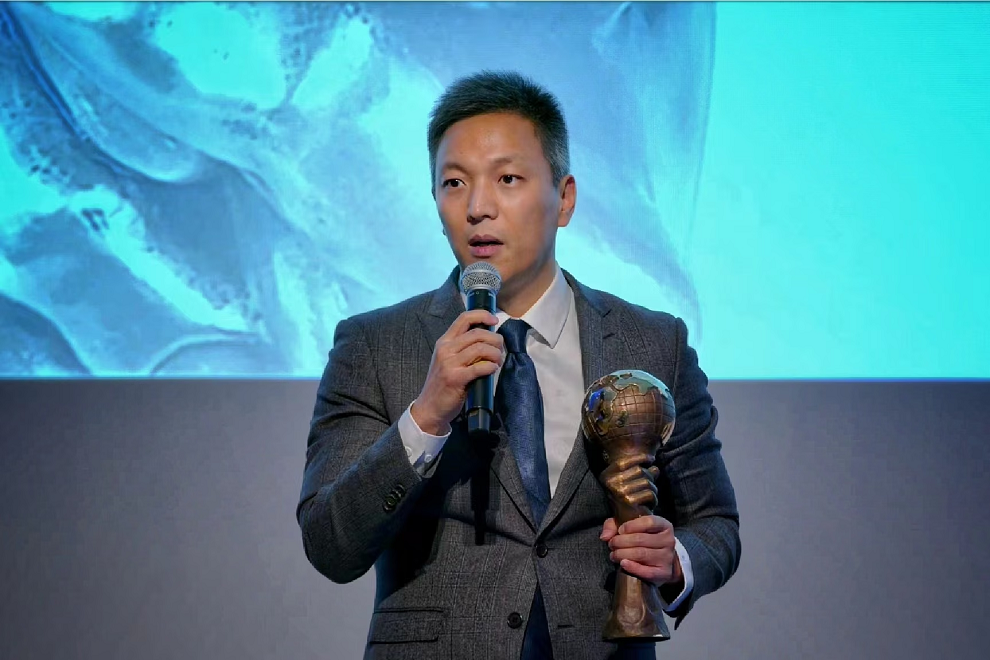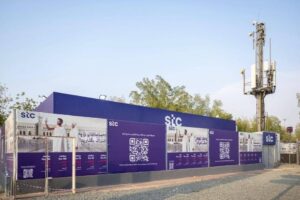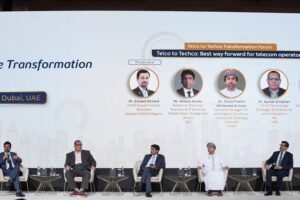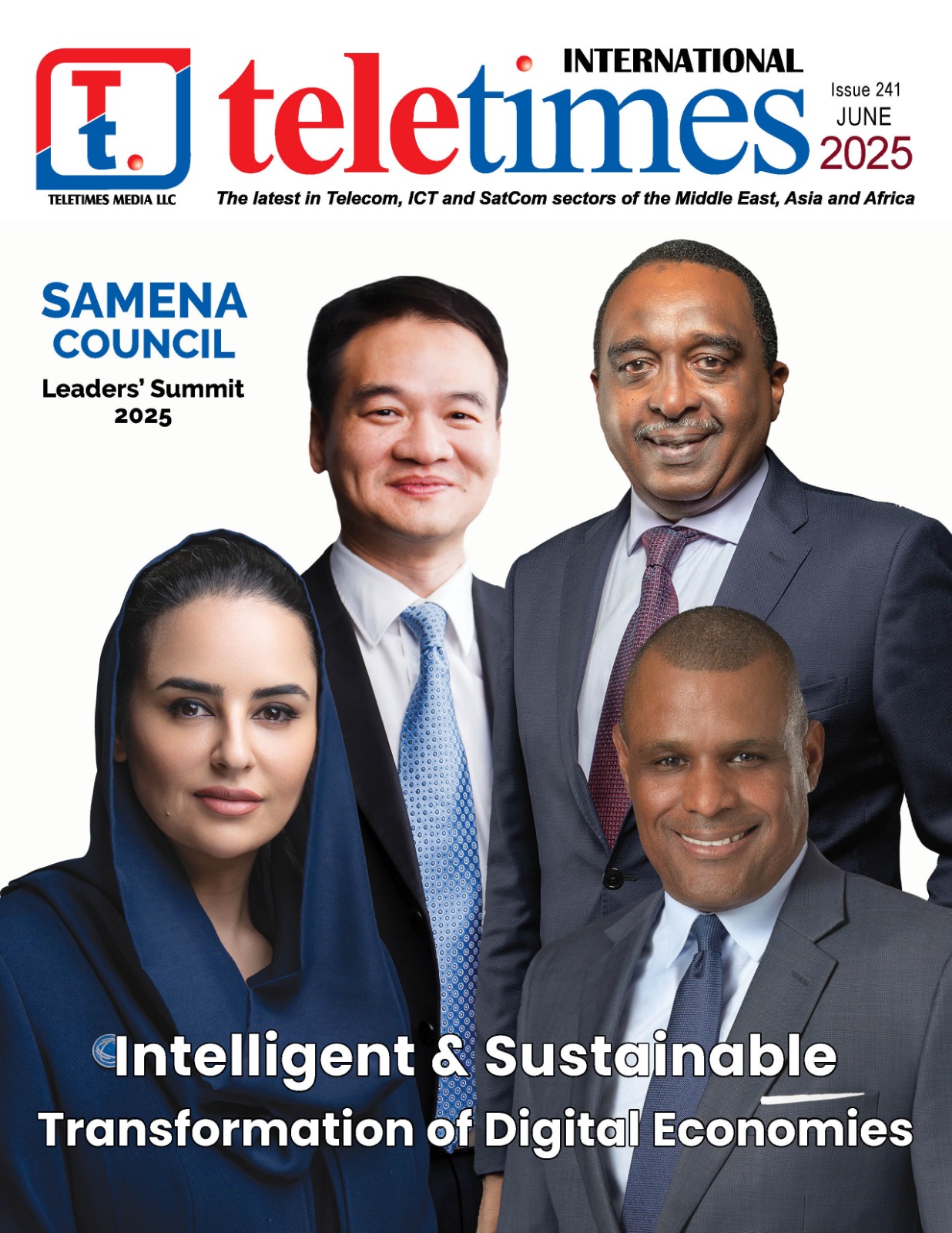The Yancheng Low-Carbon & Smart Energy Industrial Park project has been awarded the 2023 Energy Globe World Award. Also known as the Net Zero Carbon Intelligent Campus project, it is a collaborative effort by the Yancheng Power Supply Company of State Grid Jiangsu and Huawei.
The Energy Globe World Award is presented by a panel of organizations including Energy Globe Foundation, United Nations Industrial Development Organization, and the Austrian Federal Economic Chamber. The Yancheng Low-Carbon & Smart Energy Industrial Park project was selected from over 2000 best projects from over 180 countries and regions, and was China’s only submission to receive this award.
This innovative project produces 85% clean energy. Compared with thermal projects producing the same amount of electricity, it saves 3 million kWh of electricity and 5,600 tons fewer carbon emissions per year. In addition to the current award, it also earned the Champion Prize of the World Summit Information Society 2022. Dr. Anthony Hu Hao, Chief Expert of Huawei Electric Power Digitalization Business Unit, was cited for his leadership in the project.
The international jury said: “The project embraces five core values – net-zero carbon energy supply, multi-energy coordination, optimal energy efficiency, digital empowerment, and cross-border innovation. It integrates renewables, centralized and distributed energy systems, hydrogen, and energy storage. Challenges in energy, carbon, and digital integration are addressed through a three-dimensional approach, incorporating Artificial Intelligence (AI), the Internet of Things (IoT), and cloud computing for sustainable and intelligent operations. The project has received international recognition as a model for global carbon neutrality and sustainable development.”
The project harnesses T³ Transformation Model and net-zero carbon intelligent energy system, encompassing energy transition, net-zero carbon transformation, and digital transformation. The project focuses on smart zero carbon management, integrated energy systems, and smart campus scenarios to achieve integrated planning, construction, and operations. It sets an example for building a green, low-carbon, safe, and efficient energy system in campus scenarios. It supports the development of net-zero cities and countries in achieving their carbon-neutral objectives.












